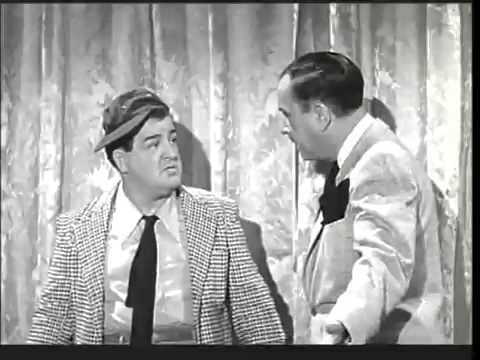I recently read the book, Moneyball, and thoroughly enjoyed the quick pace and how Michael Lewis made people like Billy Beane and Bill James jump off the pages. For those who haven’t read the book, it focuses on how baseball teams that spend much less money can still be successful. Instead of spending money on players who could hit the ball the best, the author writes about the development of a system that values getting on base; in whatever way possible.

I was struck most by a section that redefined some of the most basic of statistics in baseball; remembering that in baseball, statistics are everything. For instance, Lewis looked at how Errors in baseball mean much more than a bad play. The original purpose of the Error was to differentiate a ball that someone could have fielded from a ball that was impossible to make a play on. It used to be a much more important statistic because baseball fields were not the carefully manicured and maintained sanctuaries they are today. Additionally, Errors are not specifically defined like a hit or a homerun, but are determined off the field by an umpire.
Moneyball argues that in order to get an error, you have to be doing a bunch of things right. Someone has to be in just the right spot for them to field that tough ball. They have to have a certain skill set and even a reputation for an observer to say they erred in their play. Instead of looking at errors as terrible and marks of a bad player, the author argues for errors to be seen as marks of a good player, or at least an inaccurate judge of someone’s ability.
When I read this passage, it made me look upon human errors in a new light. If human errors can be compared to baseball errors, then we should try and place less importance on counting them by number and cataloging them for future review. Errors are judged by humans, and thus subject to… well… error. An overemphasis on mistakes can lead to ignoring what was going right, and may even encourage future errors. This viewpoint is inherently sophisticated and nuanced. Of course you should pay attention to mistakes, but you have to be willing to play and make mistakes too. In a culture that values success and drive, errors can feel very negative. Instead, see how you are doing things right amongst the errors and know that even the pros make them.
-Logan Williamson, LPC




